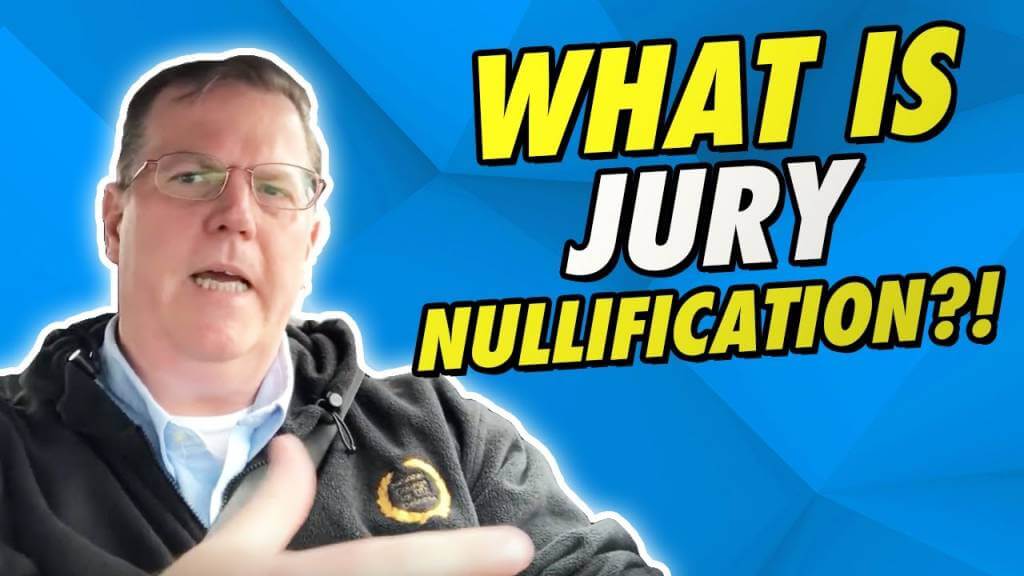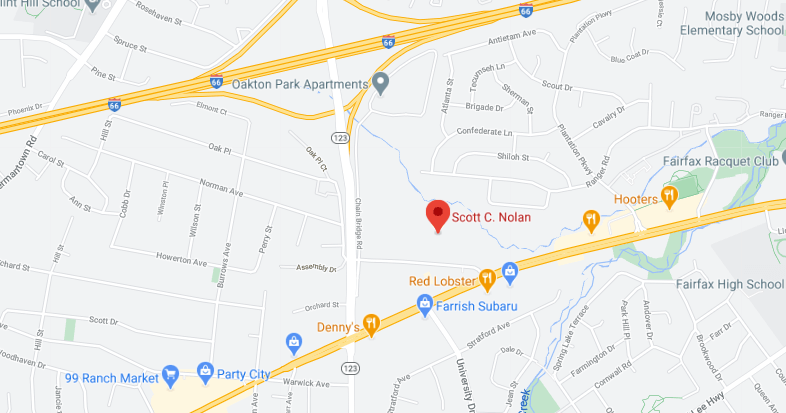Virginia treats arson as a severe crime. It is categorized as a violent crime that can cause devastating results, injury, and even death. Therefore, being charged with such a crime can be terrifying and overwhelming.
An arson conviction can result in harsh penalties and leave a mark on your criminal record. That is why your Fairfax criminal defense attorney will conduct a thorough investigation in your case and formulate a strong defense strategy against these claims.
In Virginia, not all arson crimes are the same. Each has its penalty, which depends on the type of property involved and whether the property was occupied or not. Convictions can be anything between one year to life imprisonment.
What Does the Law in Virginia Say About Arson?
Arson is defined as the willful burning of a structure or property. In Virginia, the law prohibits such acts and classifies arson as a felony.
Arson Offenses in Virginia and their Punishment
The traditional Virginia arson charge, and the most common among all other arson charges, is covered under Virginia Code §18.2-77. It involves burning or destroying a dwelling house – belonging to the offender or another person.
A dwelling can include a house, occupied hotel, occupied mental hospital, occupied prison, occupied church, etc. An arson charge brought under this specific statute will have these elements:
- A person burned a dwelling
- The person had a criminal intent
- The dwelling was either occupied or unoccupied
An occupied dwelling simply means it has a current and frequent inhabitant. An abandoned or house under construction would be categorized as an unoccupied dwelling. If a fire was started on an occupied dwelling, the punishment is between 5 years and life imprisonment. A fine of up to $100,000 may be applied too.
Class 4 Felony
If the dwelling was not occupied, the charge is downgraded to a Class 4 felony and is punishable by 2-5 years in prison, or a fine of up to $100,000, or both. Burning or destroying a meeting house, any other type of building, or structure with no one present during the arson will be charged as a Class 4 felony.
Burning or destroying personal property is also classified as a Class 4 felony if it is valued at $500 or more. It is covered in Virginia Code §18.2-81.
Class 3 Felony
Maliciously burning or destroying a meeting house is charged under Code §18.2-79. A meeting house could be a schoolhouse, institution of higher learning, townhouse, academies, courthouse, or any other building set up for public use. If someone was present while setting the fire, this is brought as a Class 3 felony.
Burning or destroying any other type of building, bridge, dam, or structure with someone in the building or structure is also a Class 3 felony under Virginia Code §18.2-80. The punishment for a Cass 3 felony is 5-10 years in prison, a fine of up to $100,000, or both.
Class 6 Felony
Virginia Code §18.2-86 prohibits any malicious fire setting on anything that can spread it on land, e.g., grass, fences, woods, or straw. This is a Class 6 felony in Virginia, which is punished by imprisonment of 2 to 10 years.
Class 1 Misdemeanor
A Class 6 felony like setting fire on grass can also be charged as a Class 1 misdemeanor. In addition to setting fire to something capable of spreading the fire, maliciously allowing this fire to escape the land of another is also a violation of Code §18.2-87.
Equally, any arson charges related to a personal property valued at less than $200 or any other building or structure valued at less than $500 will be brought as a Class 1 misdemeanor.
The penalty for a Class 1 misdemeanor in Virginia is a maximum of 12 months in jail or a fine up to $2,500, or both.
What if a Person Died as a Result of the Fire?
Sometimes a person may be in the building, structure, meeting house, or dwelling, and they died due to the fire. If this is the case, then you could also be charged with murder, in addition to the other arson charges leveled against you.
What if It Was an Unintentional Act?
Whether the fire’s cause was intentional or accidental, experts will have to determine it using the necessary experience to analyze fire causes. Because Virginia law presumes that fires are accidental, the state must prove that it was intentional.
Because of the involvement of fire experts, you need an experienced Fairfax arson lawyer who has the means of retaining these experts and having them testify on your behalf. As long as this intent is not shown, you cannot be convicted of arson, and the jury will have no option than give a no guilty verdict.
What Defenses Can I Possibly Use in My Arson Charge?
As seen above, a prosecutor must prove beyond a reasonable doubt that you maliciously and intentionally set the fire. Your criminal defense lawyer in Fairfax, VA, can help you show that:
You had no malicious intent – your lawyer may be able to show that you had no ill motive and had not anticipated that outcome.
This is a case of mistaken identity – since most prosecutors rarely use direct evidence in arson cases, your attorney can argue that someone else set the fire or you had no means, opportunity, or motive to do that.
The fire was a mistake – arson cases rely heavily on forensic experts’ reports. Sometimes a report can show that there was a recent furnace malfunction. A knowledgeable arson lawyer in Virginia would be able to use some of these reports in your defense and even attempt to get a negotiated plea bargain.
Consult With a Dedicated Attorney Ready to Advocate for You
An arson charge can ruin your finances and take away your freedom. We understand that facing an arson charge in Virginia can be overwhelming. But an experienced criminal defense lawyer could make the difference in the charges/punishments associated with the crime.
If you’ve been charged with arson in Virginia or believe that you are being investigated for such crimes, talk to the passionate Fairfax arson lawyer The Law Office of Scott C. Nolan, PLLC. An experienced lawyer will listen to your side of the story, gather evidence, and fight for you.










